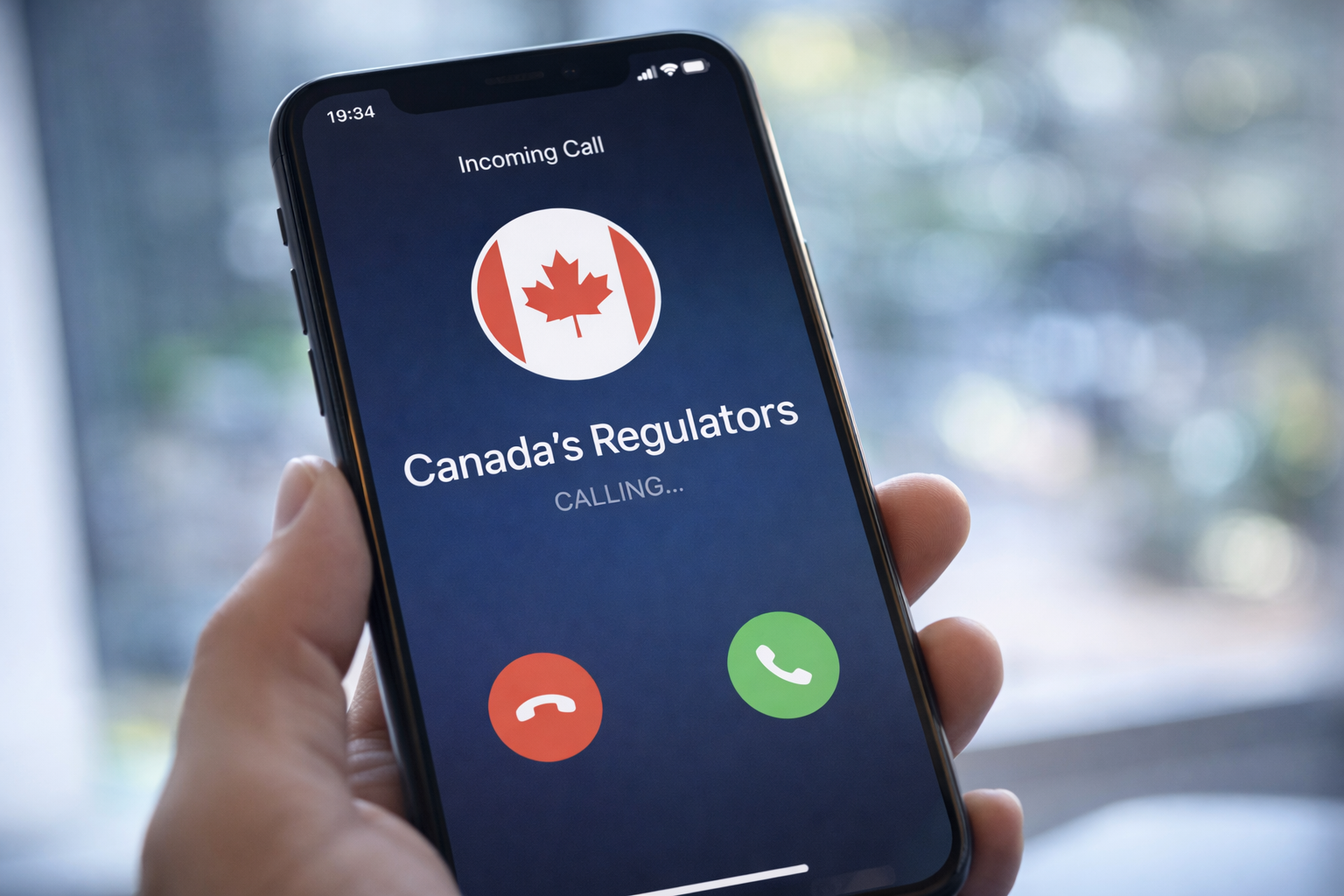Canada's banking sector just received a wake-up call, and it came from the regulator.
OSFI just told Canada's biggest banks they have $1 trillion in unused lending capacity. That's enough to fund every SME dream, startup pitch, and business expansion plan in the country several times over. So why does your local entrepreneur still hear "no" more often than "yes"?
Tiff Macklem just delivered the most important speech you'll read all year, and if you're running financial operations in Canada, you should probably pay attention.
For the first time in its history, Payments Canada has admitted non-bank financial technology companies as members. If that sentence doesn’t make you sit up a little straighter, consider this: the organization processes more than $411 billion every single business day, and it just opened its doors to companies that move faster, build leaner, and think differently about how money should work.
When Canada's banking regulator starts publishing a bulletin called "The Ledger" with its own ISSN number, you know things are getting serious. OSFI's first issue, released January 19, 2026, marks the official starting gun for the implementation phase of the Data Collection Modernization initiative. And while "data collection modernization" ranks somewhere between "drainage infrastructure" and "HVAC maintenance" on the excitement scale, the implications for Canadian banking are genuinely transformative.




